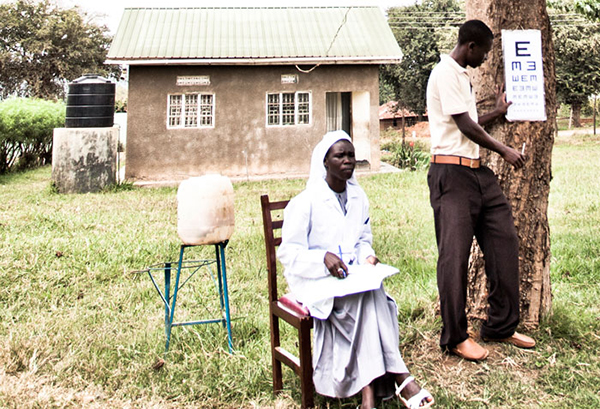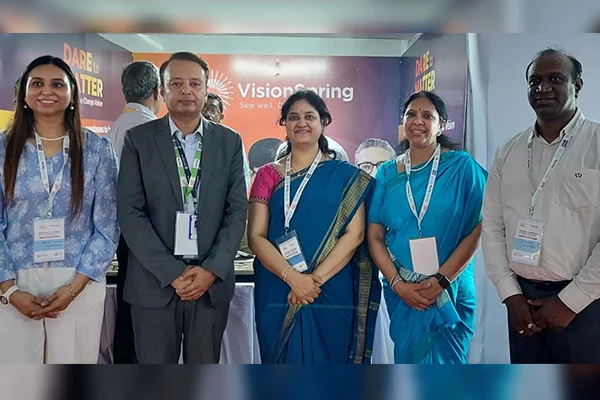The report identified vision impairment as a burden for the ageing and presented cost-effective solutions for the same
A World Health Organization report on the needs of older people in developing communities has identified vision impairment as a significant burden for the ageing.

Resulting from a 3-day forum attended by 170 expert participants from 21 countries, the report presents evidence of the ageing phenomenon along with the latest social and technological innovations in cost-effective, scalable solutions.
The prevalence of vision loss among the older population in the developing world is staggering, yet much of it is preventable or treatable – nearly three-quarters of distance vision impairment is avoidable. However, screening services in low-resource settings and rural areas are largely unavailable. Older adults, it reports, account for 65 per cent of all distance vision impairment and 82 per cent of all blindness.
Professor Brien Holden, from the University of New South Wales and CEO of Brien Holden Vision Institute and Vision CRC, who attended the forum, says the consequences of treatable blindness and vision impairment can be significant.
“Avoidable vision loss can lead to increased mortality and morbidity, job loss, diminished quality of life through reduced independence, mobility and confidence, social isolation and mental health decline,” says Professor Holden.
“There is a human resource and infrastructure deficit in many developing communities, which means people don’t have access to an eye examination or other diagnoses and treatment such as spectacles and surgery.”
“The WHO forum enabled a range of health care professions to share innovative solutions. It was both inspiring and informative to see what other technologies and systems have been developed to improve the lives of ageing people who are in need.”
To read the full report from the WHO Global Forum on Innovations for Ageing Populations, click here.










